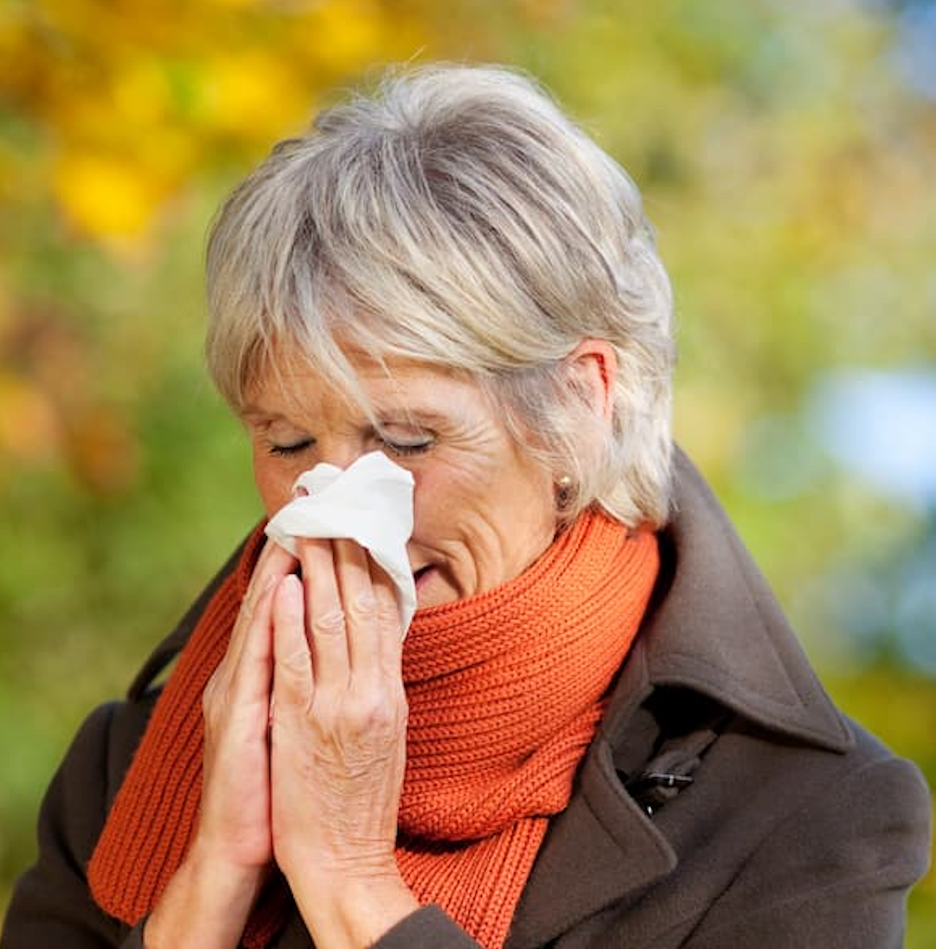RSV Vaccine Proves 75% Effective at Preventing Hospitalizations in Older Adults
New data show the RSV vaccine is highly effective in reducing hospital admissions for seniors, particularly those aged 75+ or with preexisting conditions.
By
Lana Pine
| Published on October 16, 2024
4 min read
Credit: Adobe Stock/contrastwerkstatt

The respiratory syncytial virus (RSV) vaccine is effective in reducing hospitalizations among adults aged 60 years and older, especially for those at higher risk, such as the elderly and immunocompromised. A new study shows that the vaccine provides 75% protection against RSV-related hospitalization, reinforcing its importance for older adults.
“[The findings] demonstrate protection in a population that more closely represents those at high risk of severe RSV disease, including adults aged 75 years and older and those with immunocompromising conditions,” wrote a team of investigators led by Diya Surie, MD, a medical officer of the Coronavirus and Other Respiratory Viruses Division at the Centers for Disease Control and Prevention (CDC).
An estimated 60,000 to 160,000 RSV-associated hospitalizations occur every year in the United States among adults aged 65 years and older. The CDC recommends the RSV vaccination for adults aged 75 and older, as well as those aged 60 – 74 who are at an increased risk of severe disease. The risk of severe disease is elevated in patients with a weakened immune system, those with chronic heart or lung disease, individuals living in a nursing home and patients with certain medical conditions, including obesity, diabetes and asthma.
Investigators evaluated the effectiveness of the current vaccine and RSV-related hospitalization among a cohort of individuals aged 60 years and older during the first season in the test-negative, case-control analysis. Eligible participants were hospitalized with an acute respiratory illness between October 1, 2023, and March 31, 2024, and underwent clinical respiratory virus testing within the first 10 days of illness onset. Patients were recruited from 24 hospitals across 19 states. The case group were patients who tested positive for RSV while the controls tested negative for RSV, SARS-CoV-2, and influenza.
Data including clinical and demographic information were collected through both electronic medical records and patient interviews. RSV vaccination status was confirmed using electronic medical records, immunization registries and by self-report.
A comparison between cases and controls was performed using multivariable logistic regression, which were adjusted for factors including age, sex, race and ethnicity, calendar month and region. Analyses were stratified by age group: 60 – 74 years and ≥75 years. Investigators also assessed differences between vaccinated and unvaccinated patients.
In total, 2,978 patients were included in the study, with 12.3% categorized as RSV cases and 87.7% were controls. The mean age was 72 years and approximately one-fourth were immunocompromised. About 10% of controls were vaccinated compared with only 2.5% of case patients and the time between vaccination and illness was an average of 84 days.
Vaccinated patients were generally older, immunocompromised, White, visited an outpatient site within the past year and lived in areas with a lower Social Vulnerability Index score.
Results showed the vaccine effectiveness against hospitalizations related to RSV was 75% and was comparable across both age groups.
Investigators noted limitations of the study including the impact the RSV vaccine uptake and low uptake in the first season may have on the generalizability of the results, as well as the possibility of residual confounding due to factors that were unaccounted for. They encourage future analyses to determine vaccine efficacy to confirm results. Further assessment of subgroup populations and time since vaccination is also recommended.
“This study provides initial data to inform ongoing risk-benefit analyses of RSV vaccines for older adults,” investigators concluded.

